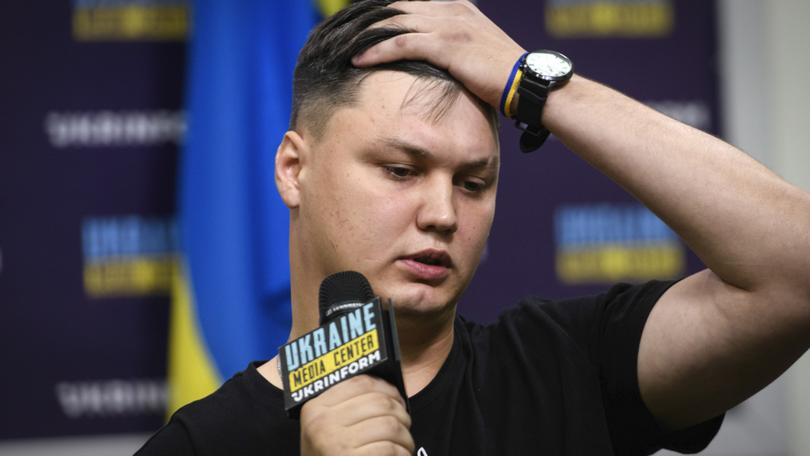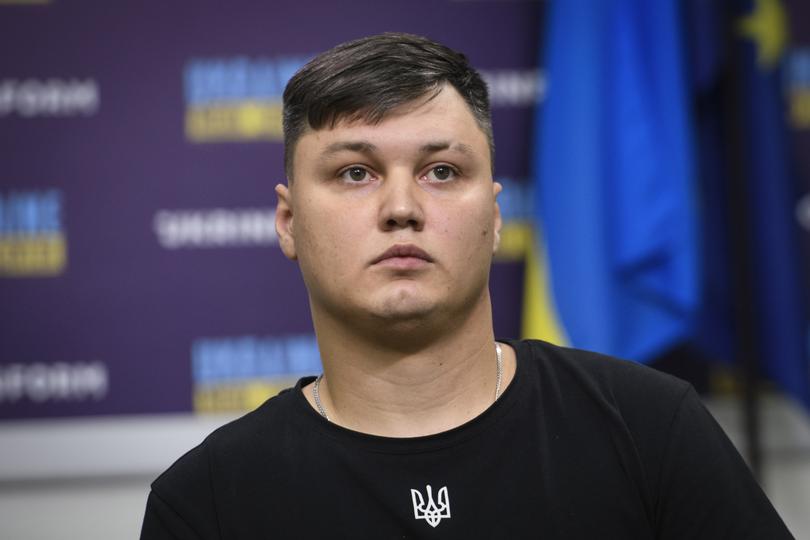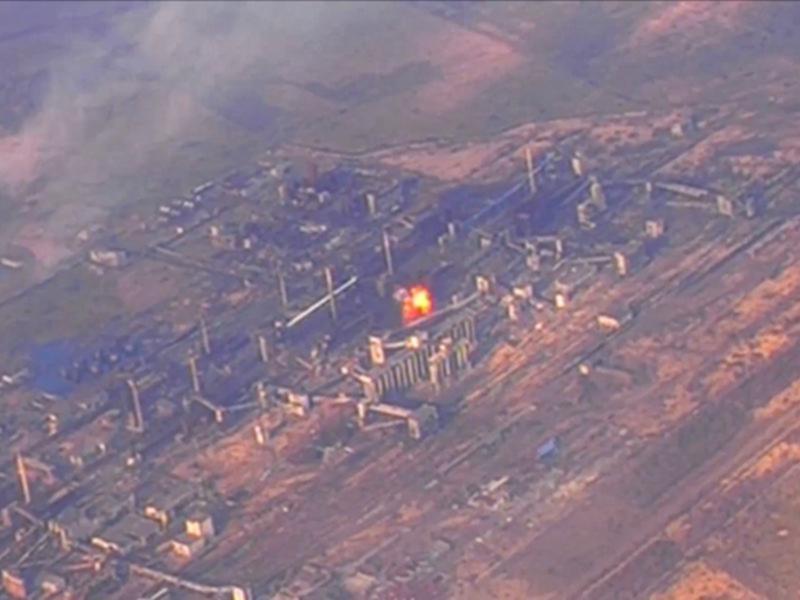The New York Times: Russian pilot who defected to Ukraine is believed dead in Spain
Ukrainian intelligence officials warned the Russian pilot defector that his life was in danger and urged him not to leave the country. But he ignored them.

Maksim Kuzminov pulled off a daring escape in the summer when he defected to Ukraine and handed his military helicopter over to Ukrainian commandos in exchange for half a million dollars.
Ukraine trumpeted the defection as a major coup. But in Vladimir Putin’s Russia, he was guilty of the most grievous sin anyone can commit: treason. Ukrainian intelligence officials warned Kuzminov that his life was in danger and urged him not to leave the country.
But he ignored them and was believed to have moved with his money to a small resort town of pastel houses on Spain’s Mediterranean coast.
Sign up to The Nightly's newsletters.
Get the first look at the digital newspaper, curated daily stories and breaking headlines delivered to your inbox.
By continuing you agree to our Terms and Privacy Policy.Now Kuzminov, 28 at the time of his defection, appears to have met the harsh fate Ukrainian officials warned of. Two Spanish police officials with knowledge of the case said the body of a man found riddled with bullets last week in the coastal town of Villajoyosa belonged to Kuzminov.
Andriy Cherniak, a representative of Ukraine’s military intelligence, also said he could “confirm the fact of his death,” referring to Kuzminov, but he declined to elaborate on the circumstances.
Authorities released no information about possible assailants or a motive, and they have not publicly confirmed the identity. The case has been complicated by puzzling statements issued by the Civil Guard, a branch of Spain’s national police forces, which at one point said the papers found on the body identified him as a 33-year-old Ukrainian man. But they added that the documents may be fake.
The death of such a high-profile defector is likely to fuel speculation that it was the work of Russia’s intelligence services and exacerbate already heightened tensions between Moscow and European capitals. President Vladimir Putin has made no secret of his deep disdain for defectors and has allowed targeted assassinations of Russian informants abroad, Western security officials say.

Moscow’s foreign intelligence chief appeared to support the idea that Kuzminov was dead with comments that condemned his defection. “This traitor and criminal became a moral corpse at the very moment he planned his dirty and terrible crime,” Sergei Naryshkin told Russian state news agency TASS on Tuesday, commenting on media reports of Kuzminov’s death.
Word of Kuzminov’s death came just a few days after Alexei Navalny, Putin’s most prominent political adversary, died in a Russian prison, exposing what several Western leaders said are the Kremlin’s brutal tactics against its opponents. “Make no mistake: Putin is responsible for Navalny’s death,” President Joe Biden said Friday.
Ukrainian authorities said the defection of Kuzminov was the culmination of a six-month operation, code-named “Titmouse,” which was made public in late August. In a documentary released by the intelligence services, Kuzminov said he had “contacted representatives of Ukrainian intelligence” and agreed to cooperate after being told he would be guaranteed safety in Ukraine and receive new identity documents and compensation.
Kuzminov said he had flown his Mi-8 helicopter into Ukrainian territory at low altitude and in radio-silence mode to evade detection. He landed in Vovchansk, a town near Ukraine’s northeastern border with Russia, where Ukrainian special forces were waiting for him, according to footage from the documentary.
The operation to seize Kuzminov’s aircraft did not go completely smoothly. When his Russian crew mates saw Ukrainian commandos surrounding the helicopter, they tried to force Kuzminov to take off and opened fire. Ukrainian fighters returned fire and killed the crew members, the Ukrainian official said.
“Otherwise, they could have killed Kuzminov and escaped in the aircraft,” he said. Kuzminov was also injured during the operation.
Kuzminov said in the documentary that he defected because he opposed Russia’s war in Ukraine and did not want to contribute to it. He encouraged other Russian service members to follow in his footsteps. “Of course if you do what I did, this kind of act, you will not regret it at all,” he said.
His defection was presented as a major coup for Kyiv, bringing to Ukraine’s depleted air fleet a precious piece of aircraft as well as intelligence about Russian military operations from a highly trained pilot.
Kuzminov provided “valuable evidence about Russia’s army aviation, communication systems and airfield network to our military intelligence,” the documentary said, comparing the defection to Operation Diamond, a mission by Israel’s Mossad intelligence services to capture a Soviet-built MiG-21 fighter jet flown by an Iraqi defector. Ukraine said it was the first time a Russian pilot defected since Moscow invaded in February 2022.
“Kuzminov had access to state secrets. He carried classified documents and items onboard the hijacked helicopter,” a representative of Russia’s counterintelligence services told Russian television in a report on the defection.
Ukrainian authorities said the pilot’s family had been extracted from Russia to Ukraine before his defection. Andriy Yusov, a spokesperson for the intelligence services, told Ukrainian television that Kuzminov would receive a $500,000 reward for his services.

Since the invasion of Ukraine, Spain has become a haven for disenchanted Russians, many of whom have moved to the warmer coastal areas, according to data from the National Institute of Statistics. About 20% live in the province of Alicante where Kuzminov’s body was believed to have been found.
Kuzminov’s activities in Ukraine, and then in Spain, remain unclear. In Spain, he lived in a modest apartment building less than a 10-minute walk from the beach in a neighborhood popular with Ukrainian and Russian tourists.
The Russian television report featured unidentified officers of Russia’s intelligence services saying they would seek revenge. “Of course we’ll find him,” one of them said. “Our long arms can reach everywhere.”
This article originally appeared in The New York Times.
© 2024 The New York Times Company
Originally published on The New York Times
